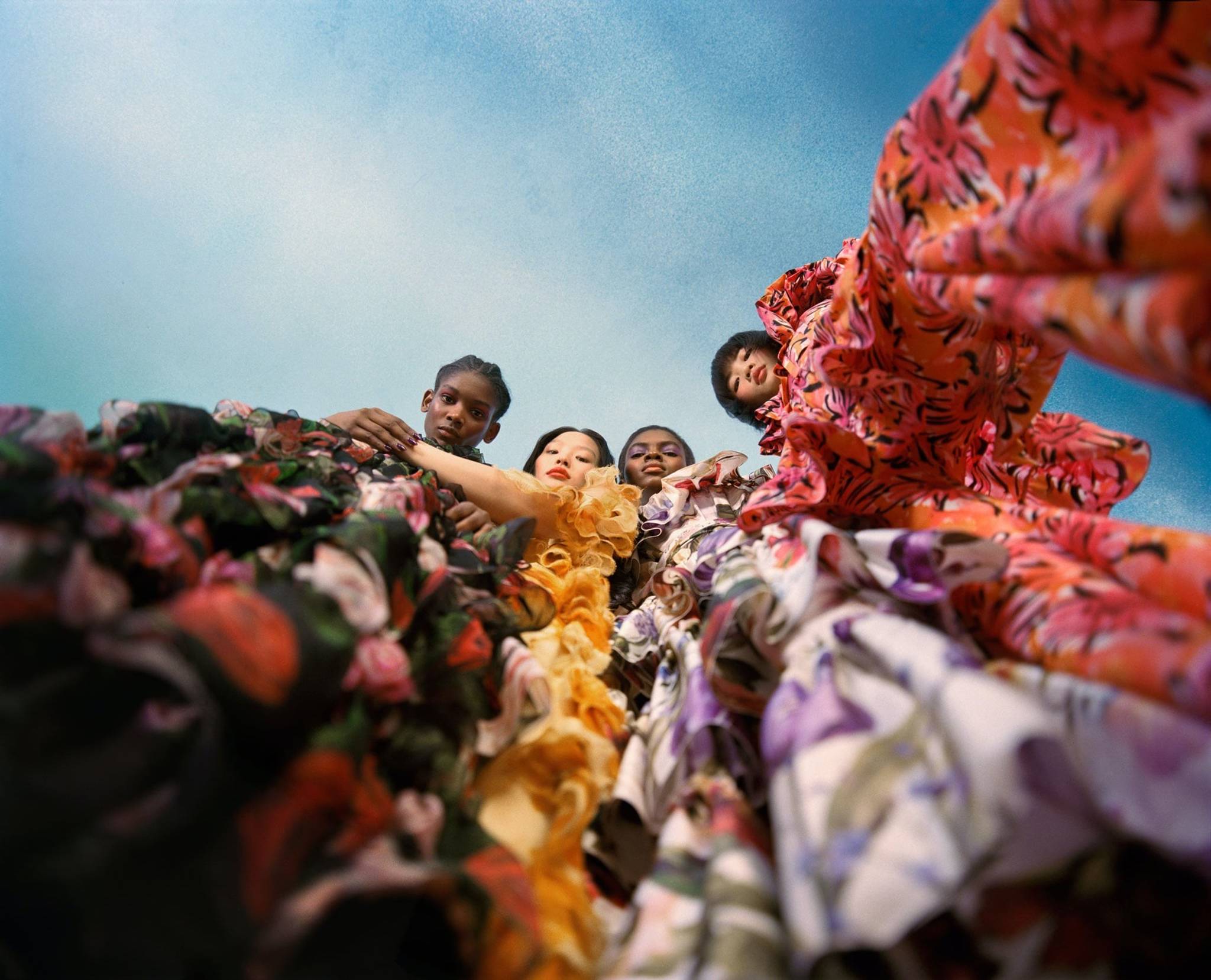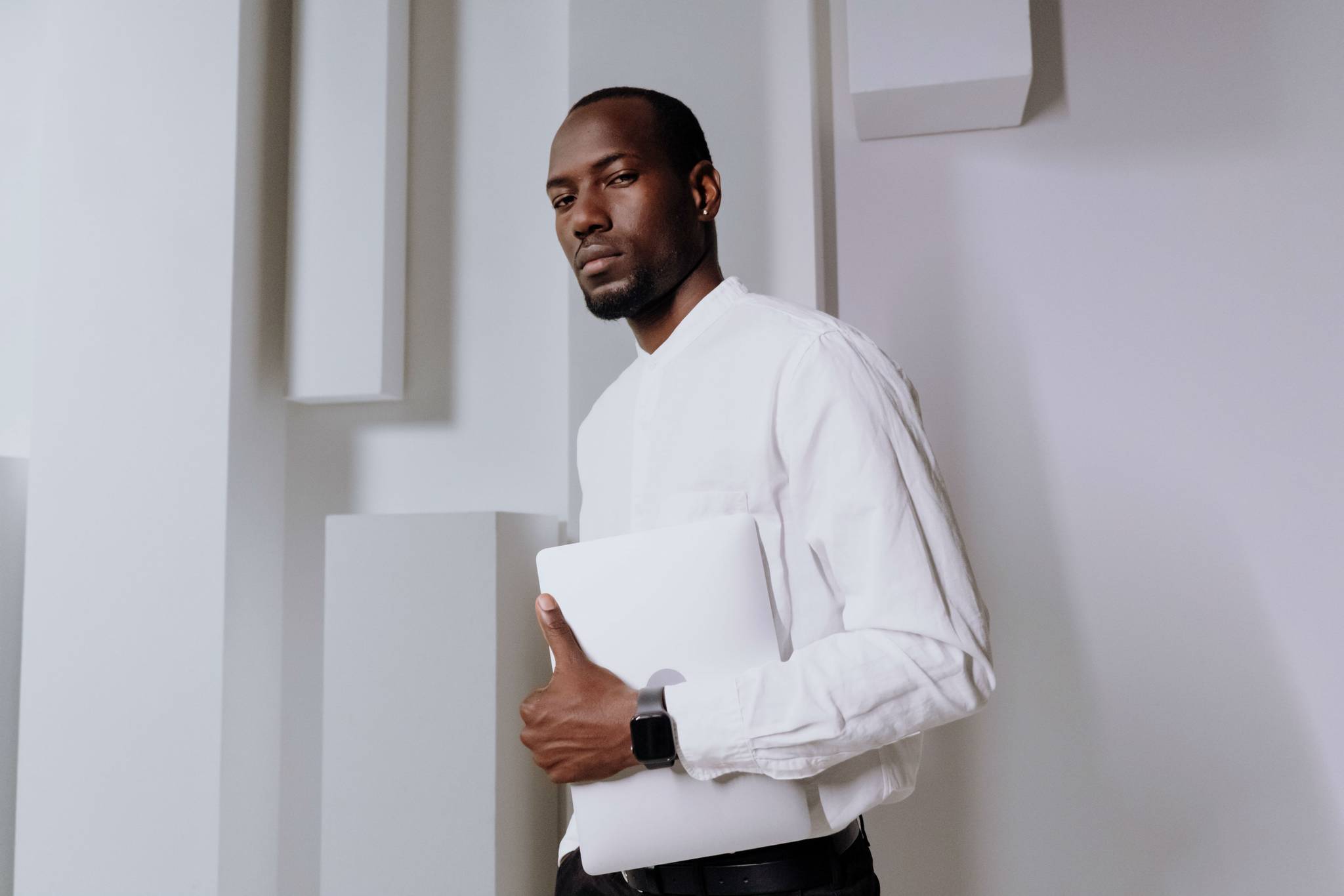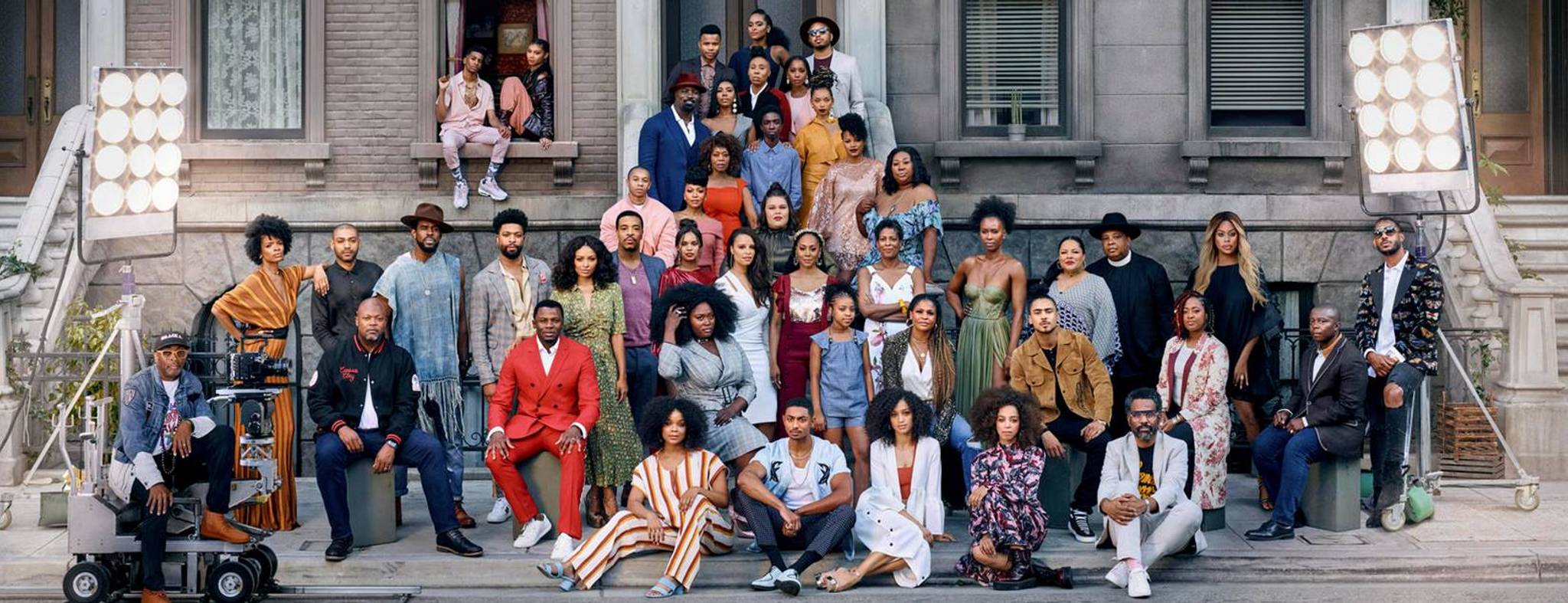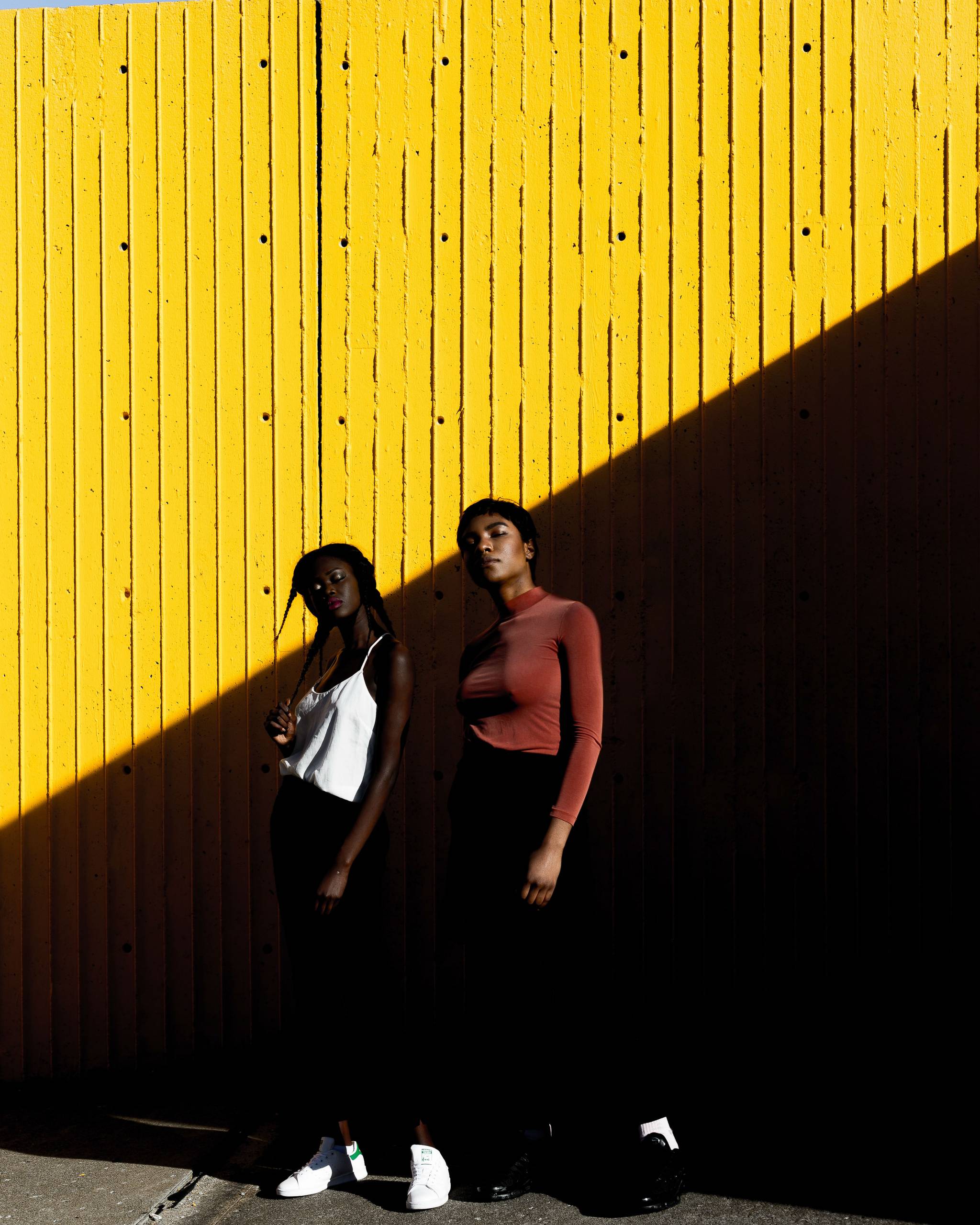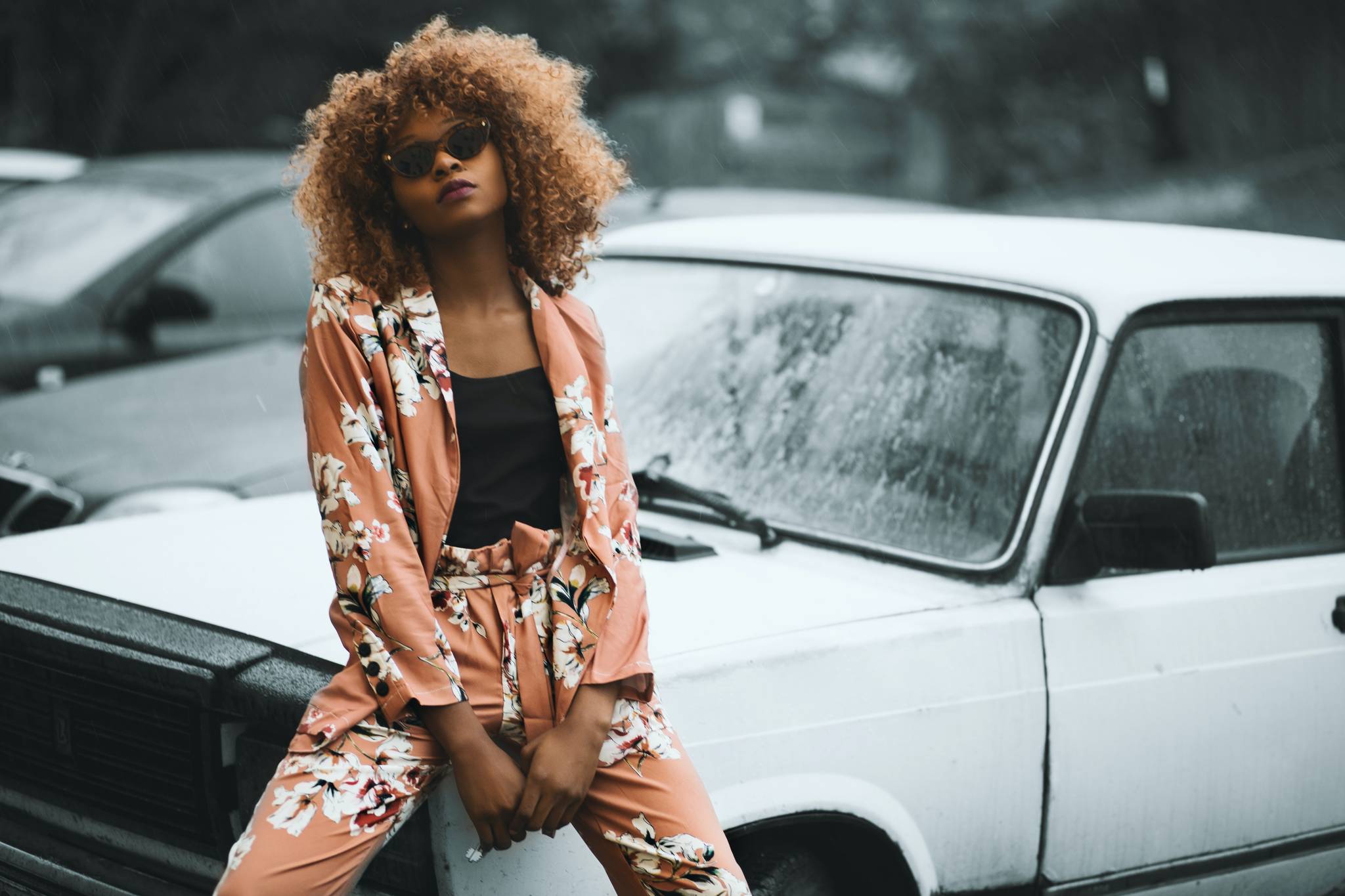
In fashion, Black communities have spearheaded trends built on a sense of authenticity and rebellion, fuelled by a DIY mentality and underground spirit. As Black cultural references are now used on a growing scale, what does this mean for the future of Black creativity in fashion?
Conversations around race, diversity, equality, and inclusion in fashion have become increasingly important as visibility surrounding these topics has been thrust into the spotlight. In 2021, The State of Diversity, Equity, and Inclusion report from the Council of Fashion Designers of America revealed that just 57% of Black fashion industry professionals believed their company was doing enough when it came to racial inclusivity, and less than half of Black employees believed that inclusivity measures would result in permanent change. Fashion is still a largely biased and gatekept industry, with diverse communities often overlooked and underrepresented.
We spoke to Jordan Anderson, fashion journalist, creative director, and editor-at-large at NSS Magazine and online editor at Twin Magazine, about how Black communities influence trends and the awareness around Black creativity in fashion.
Streetwear fashion is largely credited with being influenced by Black Americans that remixed and reinterpreted fashion for themselves as they felt overlooked and undervalued by the fashion industry. Is this still the case?
Black creatives will always be at the heart of streetwear, and also many of the fashion trends that we see on the runways of today, not only in the spheres of streetwear but fashion in general, it’s always been like this. It’s only now that there’s been more awareness and conversation around it, and with the internet, people are either getting credited; or brands are looking to hire Black creatives for their work.
Do you think fashion is still largely operated by gatekeepers, or is there space for diverse communities in the space as the lines between insiders and outsiders are blurred?
I believe the doors have opened and the labels are blurred. The division between mainstream insiders and streetwear outsiders is less visible as the rules have been bent. With streetwear, I think it has a wider and more general meaning of community for people.
Extended reading:
🔎 A deep dive into what it's really like to be Black and work in fashion, with quotes and exclusive interviews from Black industry insiders and Black fashion professionals across the business.
👠 The fashion world promised more diversity, but have they followed through? The New York Times looked for concrete numbers about the number of Black professionals that work at various fashion brands and businesses.
💬 Black creatives in fashion are starting to speak out about inequality issues, with many tired of their nuanced cultural references being used for profit without giving credit to the creators.
